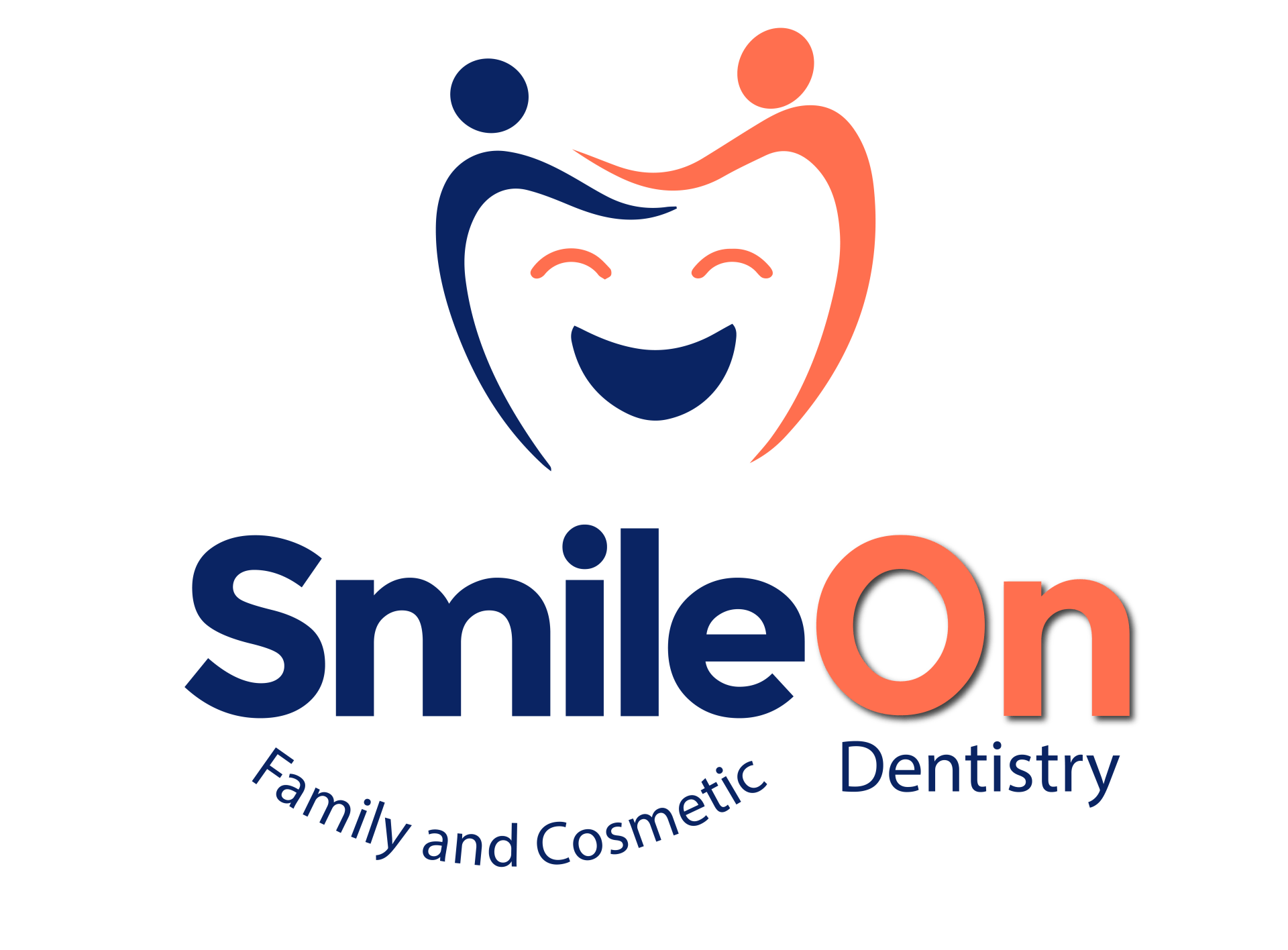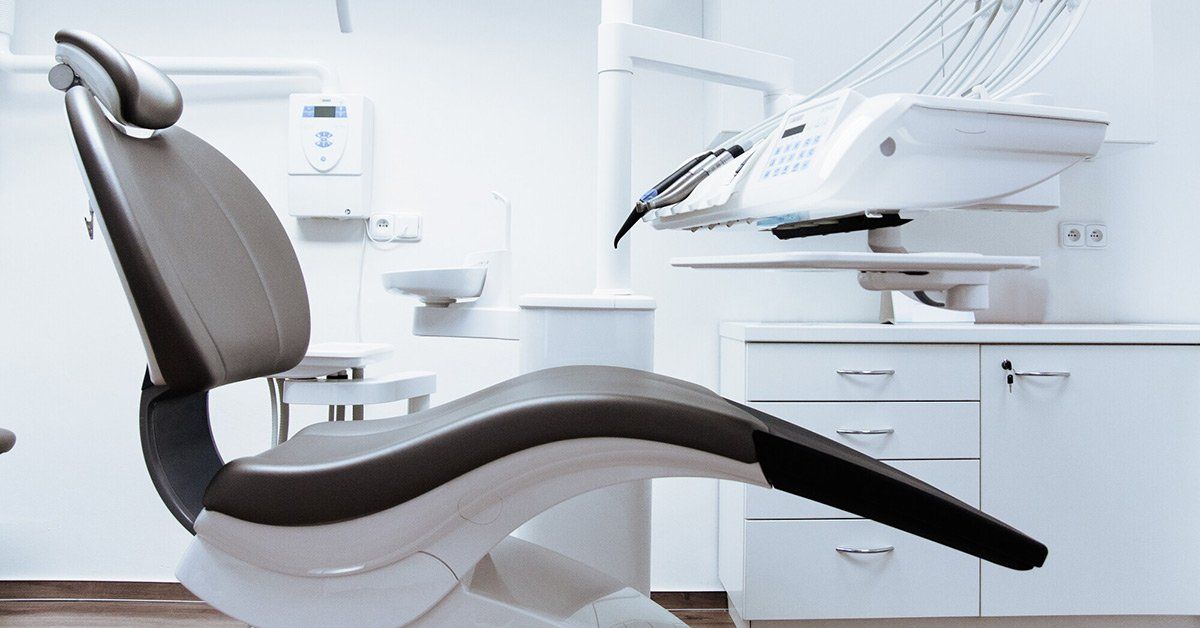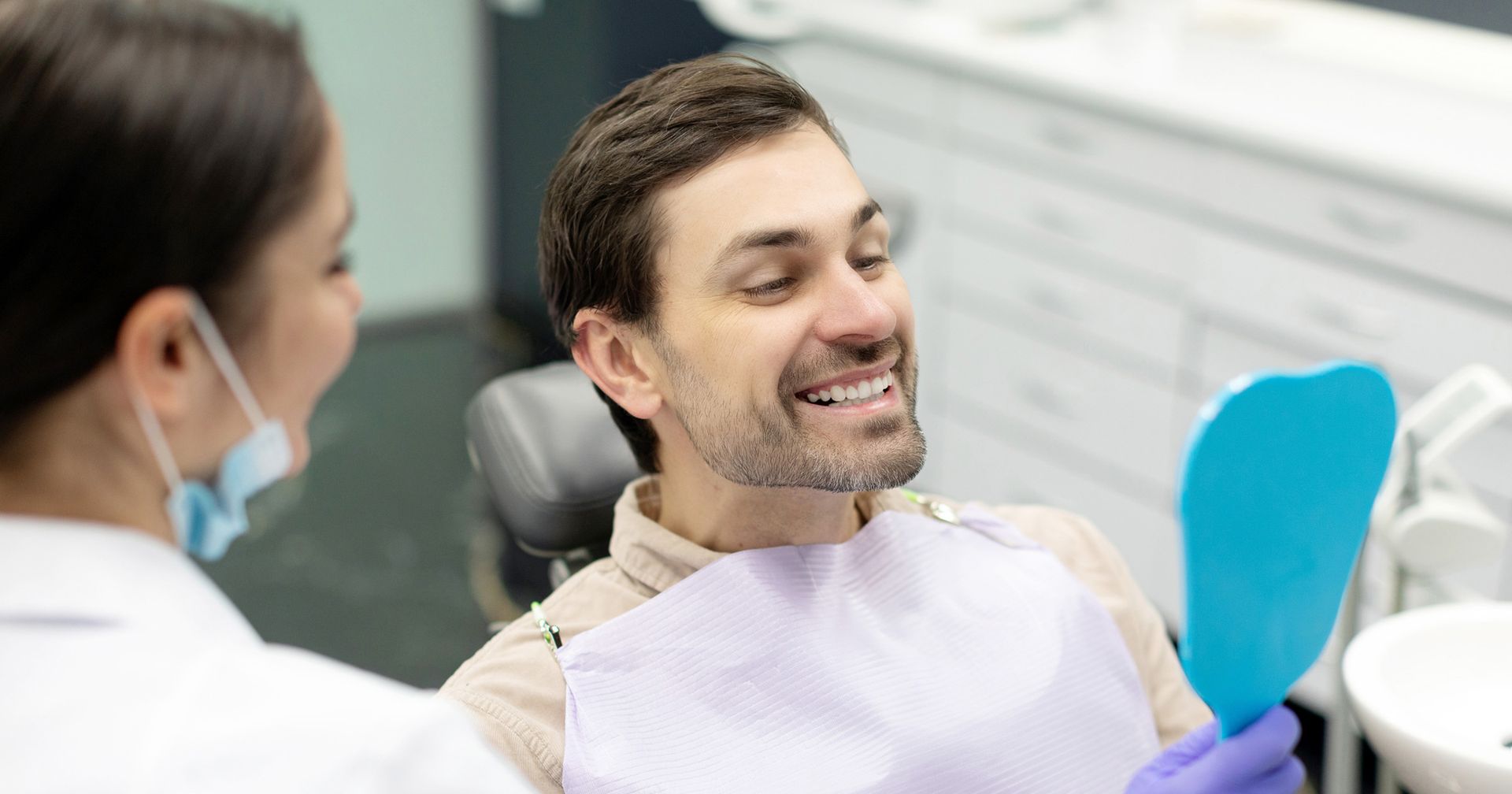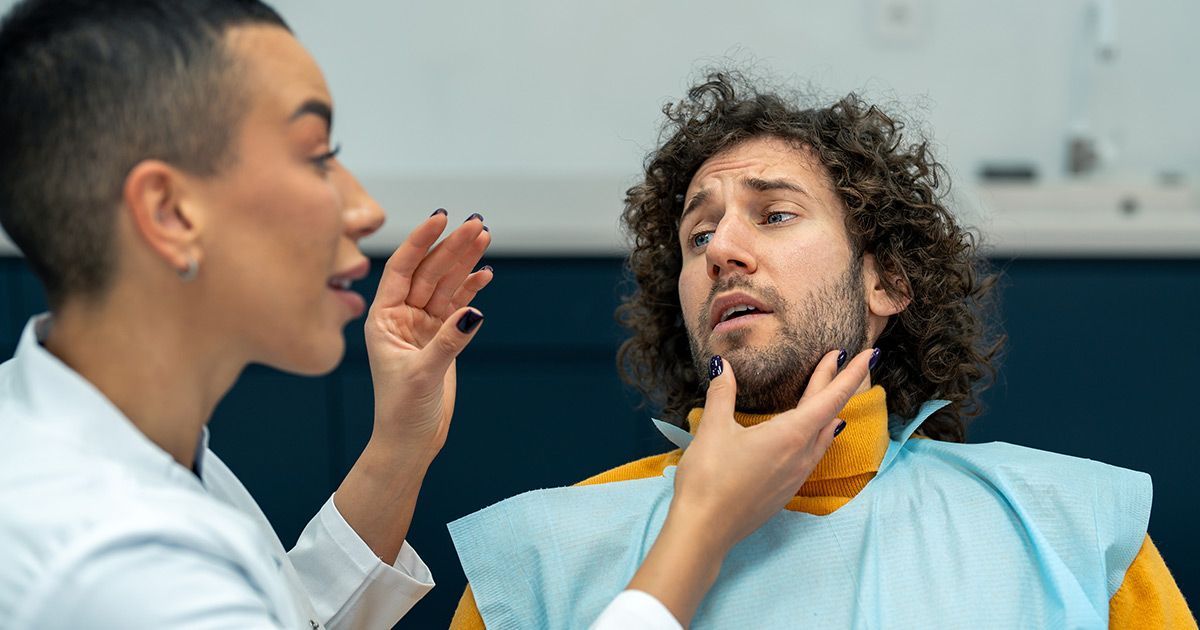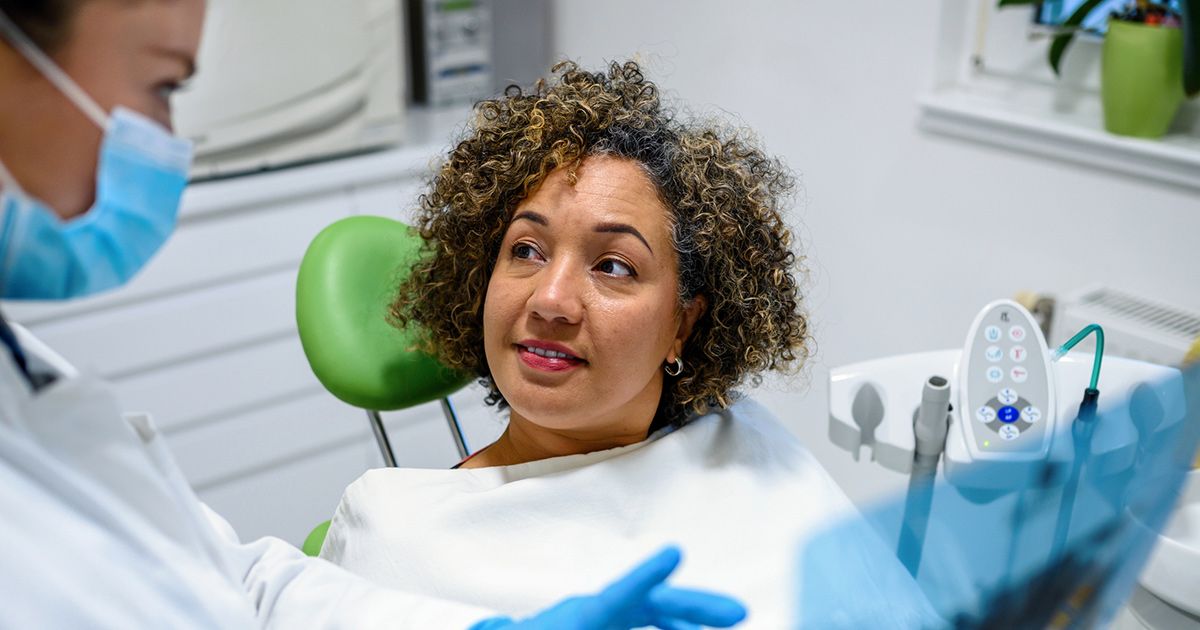7 Signs You Need to See a Dentist in Centreville, VA
Oral health is essential for total health. Listen to your mouth and consider these 7 signs you need to see a dentist in Centreville, VA as soon as possible.
If you think caring for your teeth and gums isn't important, think again. Studies show that oral health is linked to chronic diseases. Your risk for stroke, heart disease, and diabetes may increase if you don't care for your mouth.
There is good news, though. Practicing good oral hygiene and seeing your dentist frequently can help reduce your risk for these chronic diseases.
But how do you know when it's time to see a dentist in Centreville, VA? Today, we're answering just that with this guide.
Want to know the top seven signs you need to see the dentist now? Then keep reading because this one's for you!
1. Tooth Pain
Pain is never a good sign. And even the tiniest toothache could be a symptom of a more serious issue going on. Some of the top causes of that pain in your mouth include:
- Cavities
- Abscesses
- Damaged or broken teeth
- Damaged fillings
- Tooth grinding
- Wisdom teeth coming in
In some cases, tooth pain could also be a sign of tooth infection. Without seeking treatment fast, that infection could cause tooth loss or, worse, spread to other parts of your mouth.
Luckily, seeing your dentist is an easy fix. Your dentist will help find the cause of your tooth pain. Then, he or she will prescribe
periodontics to prevent further pain and reduce the risk of future complications.
2. Bleeding Gums
A healthy mouth doesn't bleed after brushing or flossing. That's why, if you notice blood in the sink, on your toothbrush, or in your floss, you should head to the dentist's office pronto.
It's not actually your teeth that are bleeding, but your gums. Bleeding gums is one of the earliest signs of periodontal disease (AKA gum disease).
What happens if you don't see a dentist for bleeding gums? Your gum disease could progress to more severe stages. And once gum disease progresses far enough, there's no returning and you could lose your teeth.
Avoid pricey implants and gum disease surgeries. Call a dentist near you right now to stop gum disease in its tracks!
3. Swollen Gums
Want to know another one of the most common symptoms of early-stage periodontal disease? Red, swollen gums that feel sore and produce discharge are other surefire ways to know you need to see the dentist ASAP.
Your gums swell up due to inflammation. And inflammation happens in your mouth to ward off infection. Since infections cause gum disease, you can almost guarantee an inflamed mouth is at risk for periodontitis.
As we mentioned above, a dentist can help stop gum disease before it progresses. But you have to act quickly! Once gum disease gets into the later stages, its effects are usually irreversible.
4. Tooth Sensitivity
Do your teeth throb anytime you eat ice cream? Do they cry out in pain when you drink hot coffee or tea?
Then you're probably one of the many people who have teeth that are naturally sensitive to hot and cold. A dentist can prescribe you sensitive formula toothpaste to help reduce your oral discomfort.
Yet, unusual or sudden tooth sensitivity to hot and cold isn't normal. In fact, it's often a symptom that you're developing or have already developed a cavity.
It's always better to treat a cavity sooner rather than later. A dentist can find out for sure if you're dealing with a cavity and fix it immediately. Or your dentist can uncover the true cause of the problem if it's not a cavity.
5. Persistent Bad Breath
Everyone suffers from bad breath now and then. Whether you ate a raw onion or sleep with your mouth open, there are many causes of acute bad breath.
But did you know that chronic bad breath could be a sign of declining oral health? This is especially true if you practice good oral hygiene — brushing after meals and flossing once daily — but still have stinky breath.
Bad breath that doesn't get better with proper brushing and flossing could be a symptom of an oral health problem like:
- Early-stage gum disease
- Improperly fitted dental accessories
- Oral thrush (a yeast infection of the mouth)
- Cavities
If your bad breath just won't go away, it's time you considered seeing the dentist nearest you.
6. Jaw Pain
Jaw pain or discomfort should be just as alarming as tooth pain, if not more so. After all, losing a tooth is one thing. But a compromised jaw could affect your eating and speaking abilities.
The most common cause of jaw pain is TMJ. TMJ is a condition affecting the joints that keep both sides of your jaw together. This condition can occur after injury or arthritis, but it can also happen due to grinding teeth in your sleep.
When left untreated, jaw pain can affect your day-to-day life. A dentist can provide you with medication and techniques to reduce your pain immediately.
Your dentist can also provide mouthguards and even surgery recommendations to eliminate your jaw pain once and for all.
7. Mouth Injuries
Last but not least, you should always see a dentist after experiencing a mouth injury. Even if your injury didn't visibly affect your mouth or gums, it could have caused invisible damage.
You may not be able to see that invisible damage. But your dentist sure can. Don't delay any longer — find
emergency dentistry in Centreville to ensure your mouth injury doesn't affect the health of your teeth.
Dealing With One of These Signs? Call a Dentist in Centreville, VA
Pain, sensitivity, bleeding, and more are all signs you need a dentist in Centreville, VA. It's critical you see your dentist for these seven red flags before your small complaint progresses into a serious oral health dilemma.
Looking for the best dentist in Centreville, VA? You've found us. Call SmileOn today to schedule your very first appointment!
